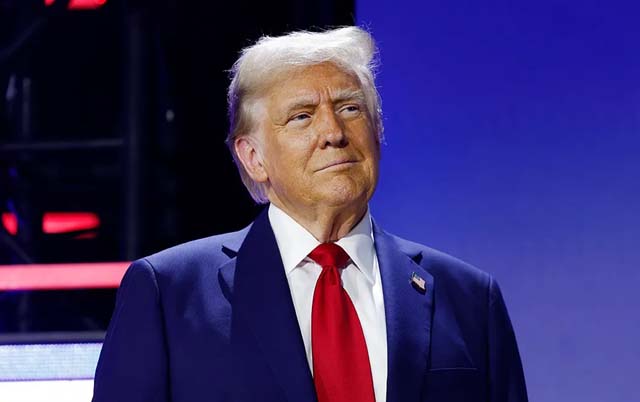


In a significant turn of events, President-elect Donald Trump announced on December 14, 2024, his intention to eliminate Daylight Saving Time (DST), deeming it an 'inconvenient' and costly practice for the United States. This announcement is part of a broader Republican initiative to end the biannual clock changes that have been a topic of contention since their introduction during World War I. Historically, DST has faced opposition from various groups, including farmers who argue that the changes disrupt their schedules. Trump's proposal has sparked renewed debate about the future of timekeeping in the U.S. [3f066803]
Adding to the conversation, billionaire entrepreneurs Elon Musk and Vivek Ramaswamy have expressed their support for making DST permanent. They argue that a consistent timekeeping system could benefit the economy by providing more daylight hours for businesses and outdoor activities. This perspective aligns with previous legislative efforts, such as The Sunshine Protection Act, which aimed to establish permanent DST. Introduced by Republican Senator Marco Rubio, who is set to join Trump's administration as secretary of state, the bill was advanced by a Democratic-controlled Senate in 2022. Rubio has argued that adopting permanent DST could not only benefit the economy but also mitigate health risks associated with the biannual clock changes. Notably, regions like Hawaii and most of Arizona would remain unaffected, as they do not observe DST [092b45b0].
A recent opinion piece by Allison Schrager from Mississippi Valley Publishing highlights that many believe permanent DST could better suit the modern economy. The article notes that the U.S. had a period of permanent DST during the energy crisis of 1974, which lasted for 10 months, suggesting that such a shift is not without precedent. The General Time Convention of 1883 established time zones in the U.S., and the ongoing discussions reflect a growing recognition of the economic implications of timekeeping. [899bb1ed]
The debate over DST is not confined to the United States. In Hong Kong, discussions are ongoing about the potential reintroduction of daylight saving time, as highlighted by Cliff Buddle from the South China Morning Post. He suggests that longer summer evenings could boost local businesses and align with global trends where over 70 countries currently observe DST. However, Hong Kong's unique time zone alignment with mainland China presents challenges for any potential changes. [3f066803]
In addition to economic arguments, health considerations are also at the forefront of this debate. The American Society of Sleep Medicine has expressed a preference for Standard Time, citing health reasons related to sleep patterns. However, the modern flexibility in work schedules may help mitigate concerns about dark mornings for schoolchildren. Northern states like Maine have even passed resolutions advocating for permanent DST, reflecting a growing interest in this issue across the country [092b45b0].
As the conversation evolves, the future of daylight saving time remains uncertain, with varying opinions on its benefits and drawbacks. The outcome of Trump's proposal, along with the discussions in Hong Kong and the support from influential figures, could significantly influence how societies manage time in the coming years.